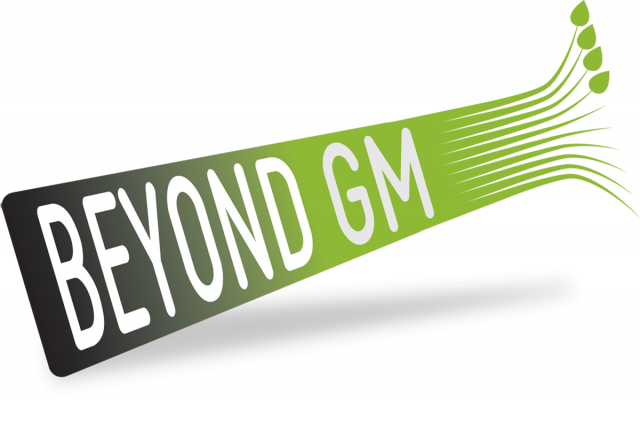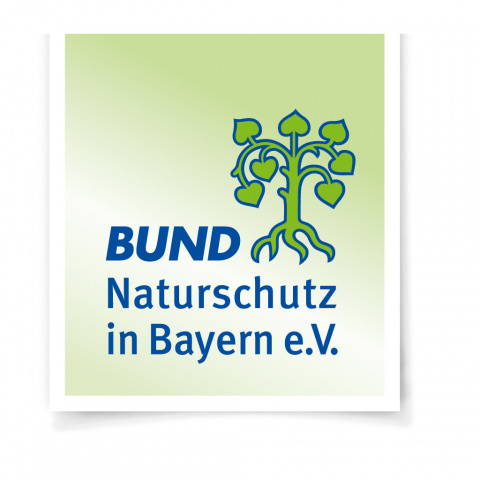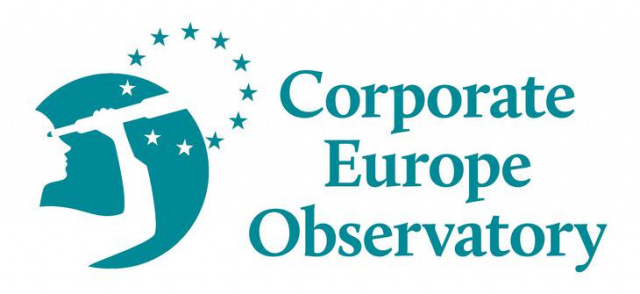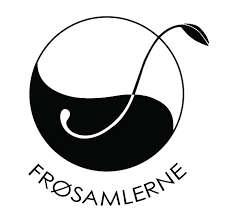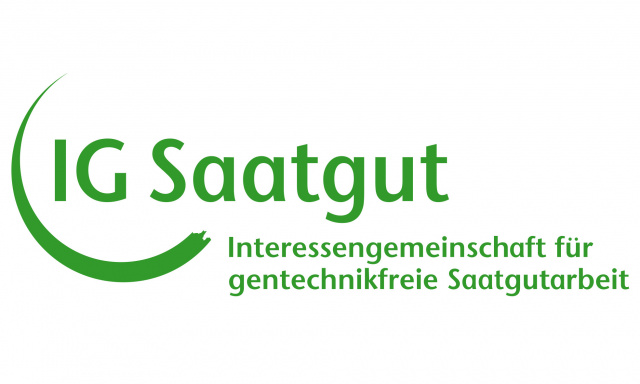Patents on plants and animals derived from conventional breeding can be fully prohibited in Europe. This is the result of a verdict published today by the Enlarged Board of Appeal, the highest legal body of the European Patent Office (EPO). The Board concluded that plants and animals obtained by ‘essentially biological processes’ are not patentable, with the exception of patent applications filed before July 2017. This verdict is in line with the interpretation of European patent law as decided by the 38 member states of the EPO in 2017. No Patents on Seeds! welcomes the verdict but is also demanding further political decisions to close still existing loopholes. Access to biological diversity needed for further breeding must not be controlled, hampered or blocked by any patents.
“For more than ten years we have been fighting against patents such as those on broccoli, tomatoes, peppers, melons and cereals. Therefore, we welcome this verdict in the name of the European public, gardeners, farmers and consumers. Knowledge of methods of breeding plants and animals continues to evolve as a common good from the activities of farmers and breeders over centuries, it is not invented by industry. In future, conventionally bred plants and animals have to be kept available for further breeding,” Martha Mertens says for Friends of the Earth Germany.
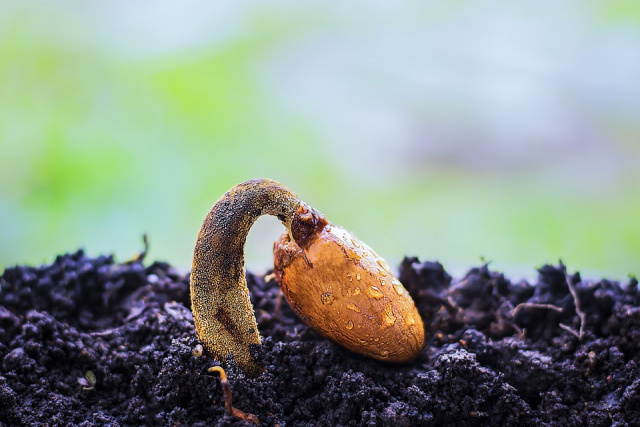 “We hope the new verdict will help to put an end to a decade of complete legal absurdity and chaotic decision-making at the EPO. However, there is still a huge risk that big corporations, such as Bayer (previously Monsanto) will try to abuse patent law to take control of our daily food,” says Katherine Dolan for ARCHE NOAH. “The problem is not yet solved. Further political decisions still have to be taken to close the existing loopholes.”
“We hope the new verdict will help to put an end to a decade of complete legal absurdity and chaotic decision-making at the EPO. However, there is still a huge risk that big corporations, such as Bayer (previously Monsanto) will try to abuse patent law to take control of our daily food,” says Katherine Dolan for ARCHE NOAH. “The problem is not yet solved. Further political decisions still have to be taken to close the existing loopholes.”
Indeed, there are still reasons for concern. As a recent report from No Patents on Seeds! shows, clear definitions are needed to distinguish patentable technical inventions from the random processes used in conventional breeding in order for existing prohibitions to be effective. Unless there are adequate definitions, ‘technical toppings’ such as those describing random mutations, can still be used to claim plants and animals as ‘inventions’. There are several examples showing how companies easily escape the current prohibitions, e.g. European patents on barley and beer, melons or lettuce.
“Processes of genetic engineering are fundamentally different from those used in conventional breeding,” explains Christoph Then for No Patents on Seeds! “The differences need to be spelled out in clear rules and decision making at the EPO.”
As patent research shows, hundreds of patents on conventional breeding are pending. Just recently around 100 new patent applications were identified, claiming basil, pepper, manioc and barley as well as cattle, sheep and pigs. If conventionally bred plants and animals are patented as ‘inventions’, they cannot be used for further breeding without the permission of the patent holder. However, access to biological diversity is crucial for breeding, as also shown in statements made by breeding companies and quoted in the No Patents on Seeds! report.
No Patents on Seeds! will now extend its European network to encourage politicians to take further decisions before end of the year. The European coalition, comprising around a dozen civil society organisations, demands that, as long as final decisions are not taken, all respective pending patent applications are halted as decided by the President of the EPO in 2019.
Contact
- Martha Mertens, Friends of the Earth Germany (BUND), Tel. +49 (0) 89-5807693, martha.mertens@bund.net
- Katherine Dolan, Head of Policy, ARCHE NOAH, Tel +43 (0) 676 557 4408, katherine.dolan@arche-noah.at
- Christoph Then, Spokesperson No Patents on Seeds!, Tel +49 (0) 151 54638040,<info@no-patents-on-seeds.org
- Johanna Eckhardt, Project coordination No Patents on Seeds!, Tel + 43 (0) 680 2126 343,<johanna.eckhardt@no-patents-on-seeds.org
Further information

